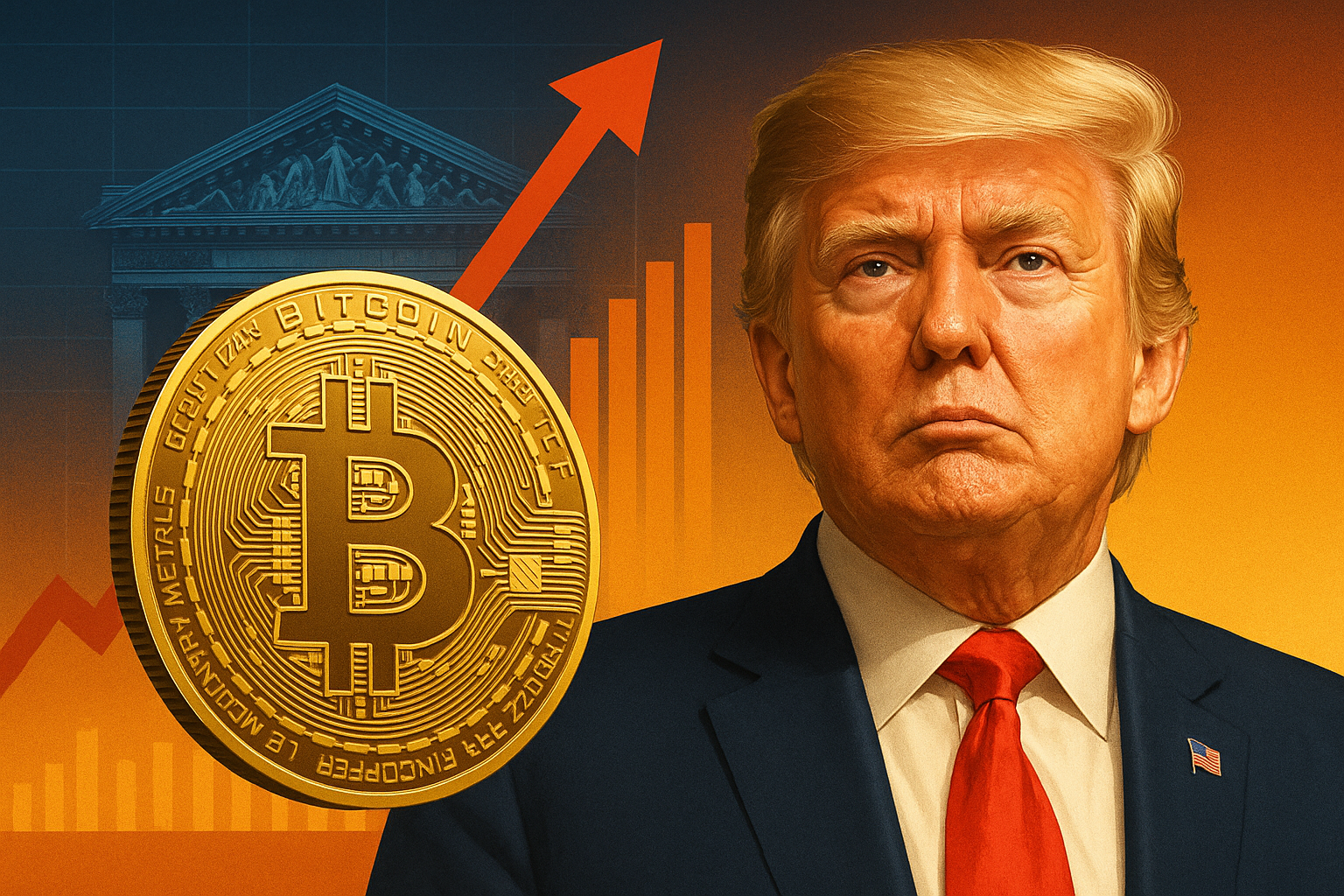Ripple Chief Legal Officer, Stuart Alderoty, has called for clarity and consistency in how the U.S. Securities and Exchange Commission (SEC) approaches digital assets. In a December 31 post on X, Alderoty outlined key principles that highlight the limits of the SEC’s jurisdiction, emphasizing that its authority applies only to securities transactions—not to asset sales without ongoing obligations.
Alderoty used straightforward analogies to explain the difference between securities and simple asset sales, reiterating Ripple’s position that digital tokens should not automatically fall under securities regulations. His remarks come as debates around token classification continue to shape the crypto industry’s future.
Clarifying SEC Authority Over Ripple Case
Alderoty stressed that the SEC’s regulatory reach is confined to securities transactions, not the underlying assets themselves. “Selling a gold bar with a contractual right or interest in a gold mine? Likely a security transaction. Selling the same gold bar without post-sale rights? Just an asset sale—the SEC can’t police it,” he explained.
He criticized any attempts to broaden the SEC’s jurisdiction based on subjective interpretations, stating that its authority cannot be extended to fit self-serving narratives. “The SEC’s reach doesn’t expand based on a self-serving view of who it thinks is more ‘deserving’ of disclosures,” he wrote.
Debunking Myths Around Digital Tokens
Alderoty also addressed common misconceptions about digital tokens, emphasizing that the asset itself is never a security. Instead, its classification depends on the nature of the transaction. “A token is never a security, although it can be the subject of a security transaction,” he clarified.
He dismissed the notion that tokens could evolve from securities to non-securities over time, calling it a “made-up fallacy with no footing in the law.” This point reinforced Ripple’s argument against arbitrary or shifting classifications that could create uncertainty for the crypto industry.
As Ripple continues its legal battles with the SEC, Alderoty’s remarks underline the importance of adhering to established legal principles. “Let’s hope these principles won’t need repeating in 2025 and beyond,” he concluded, signaling Ripple’s commitment to challenging what it sees as overreach by the regulatory agency.






